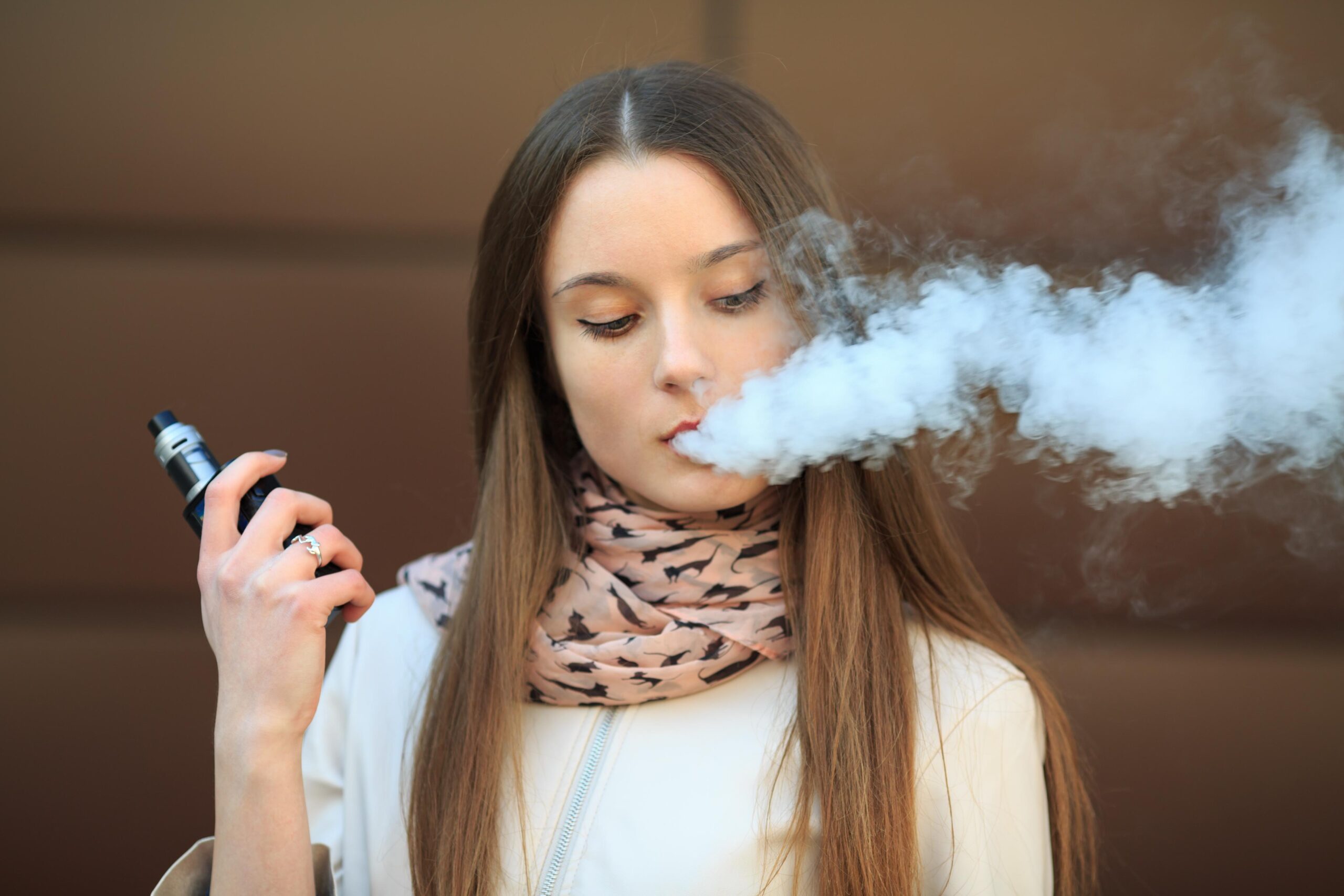Experiencing excessive noise levels can lead to irreversible hearing damage, regardless of whether it occurs at work, during leisure activities, or when using personal audio devices. You can safeguard your hearing and prevent noise-induced hearing loss by taking simple steps. Noise-induced hearing loss (NIHL) occurs when you are exposed to sounds for an extended period. This can happen in two ways:
- A single exposure to an intense sound, such as an explosion
- Continuous exposure to loud noises over time, like working in a noisy factory or attending loud concerts regularly.
Familiar sources of harmful noise include:
- heavy machinery and power tools
- loud music at concerts or through headphones
- noisy work environments, such as construction sites or airports
- recreational activities like shooting firearms or attending sporting events
Protecting your hearing in loud environments
- Use hearing protection devices
When you know you’ll be in a noisy environment, always wear appropriate hearing protection, such as earplugs or earmuffs. These devices reduce the sound that reaches your ears, minimising the risk of damage. If you work in a loud place, your employer should provide hearing protection as part of their safety protocols. For music lovers, consider investing in high-quality musician earplugs that lower the volume without distorting the sound quality.
- Follow the 60/60 rule for personal audio devices
When listening to music or other audio through headphones or earbuds, follow the 60/60 rule. Hold the volume at no more than 60% of the maximum level, and take a break every 60 minutes to rest your ears. If someone an arm’s length away can hear the audio from your headphones, it’s too loud and could be causing damage.
- Be mindful of your surroundings
In addition to using hearing protection and following safe listening practices, be aware of the noise levels in your environment. If you frequently find yourself in loud places, like busy city streets or crowded restaurants, consider seeking quieter alternatives when possible. Small changes, like choosing a less noisy restaurant or taking a quieter route to work, add up over time and reduce your overall noise exposure.
Maintaining overall ear health
Protecting your ears from loud sounds is one aspect of maintaining good hearing health. Other necessary steps include:
- Keeping your ears clean and dry, but avoid inserting objects into the ear canal.
- Managing stress levels, as high stress can contribute to conditions like tinnitus (ringing in the ears)
- Exercising regularly to maintain good blood flow to the ears.
- Eating a vitamins rich diet support overall ear health
- Scheduling regular hearing tests to catch any changes in your hearing early on
Advocating for hearing health awareness
Many people are unaware of the long-term consequences of noise exposure and may not take the necessary precautions to protect their hearing. Educating people about the importance of hearing protection can help spread awareness and prioritise their hearing health. Understanding the risks of noise-induced hearing loss and using a Zencortex hearing aid preserve your ability to enjoy the sounds of life for years.




